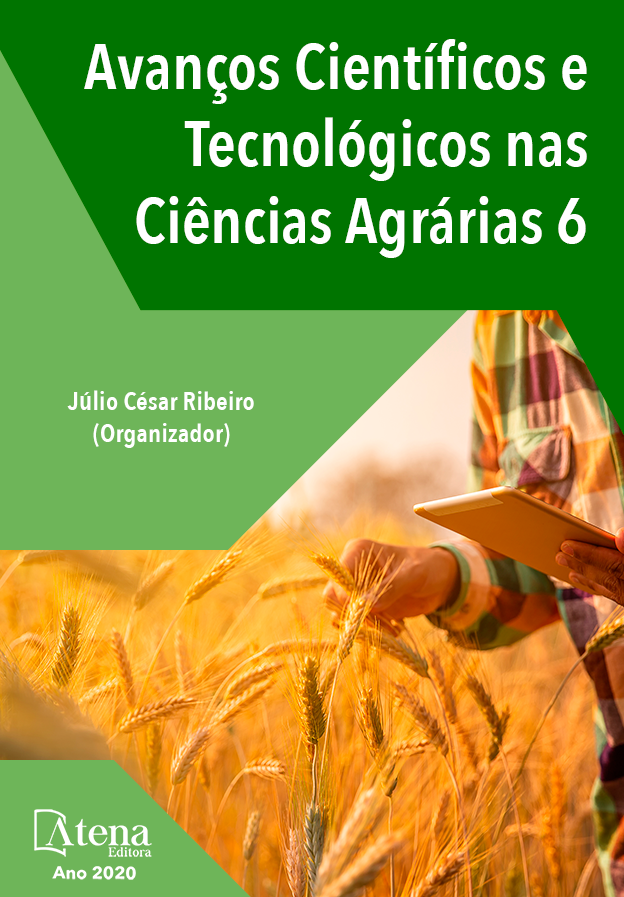
PRODUÇÃO E QUALIDADE DO LEITE DE UM REBANHO BOVINO MANEJADO EM SISTEMAS SEMI-INTENSIVO E INTENSIVO
Atualmente muito se fala em qualidade de leite e bem-estar animal direcionado a produtividade de animais de alto valor genético. A bovinocultura de leite eficiente só acontece quando está em conjunto com bem-estar animal. Visando melhorar cada vez mais o escore de bem-estar animal, principalmente das vacas em lactação, diversos sistemas estão sendo propostos com objetivo de diminuir efeitos negativos sobre os animais. No entanto poucos estudos apontam o desempenho desses sistemas, dando importância a características regionais. Entre os sistemas de confinamentos que garante melhor bem-estar as vacas de leite, o sistema Compost barn vem se destacando dentre os demais. Visto a necessidade de estudar e analisar os possíveis efeitos dos diferentes sistemas de criação na bovinocultura leiteira, este estudo teve como objetivo avaliar a composição microbiológica do leite e sua produtividade empregados em dois sistemas distintos de criação (semi-intensivo e Compost barn). Neste contexto o trabalho foi desenvolvido com os dados coletados em uma fazenda em Santa Rita do Sapucaí-MG com rebanho predominantemente de animais da raça Girolando e Holandês Preto e Branco, com média diária de aproximadamente 22 Kg de leite no sistema semi-intensivo. O leite foi coletado do tanque de expansão da fazenda pela Cooperativa Regional Agropecuária de Santa Rita do Sapucaí (CooperRita) no ano de 2017 cujo sistema era o semi-intensivo e no ano de 2018 com os animais já em confinamento no sistema de Compost barn, e suas análises foram feitas pela mesma empresa. Foi possível concluir que, com os animais no sistema de Compost barn, houve um aumento na média da produção de leite, porcentagem de gordura e proteína, contagem bacteriana total e contagem de células somáticas em relação ao ano de 2017 cujo era um sistema semi-intensivo
PRODUÇÃO E QUALIDADE DO LEITE DE UM REBANHO BOVINO MANEJADO EM SISTEMAS SEMI-INTENSIVO E INTENSIVO
-
DOI: 10.22533/at.ed.3202029098
-
Palavras-chave: Confinamento. Sistema Intensivo. Produção de Leite. Bovinocultura
-
Keywords: Confinement. Intensive System. Milk Production. Bovine farming
-
Abstract:
Currently, there is much talk about milk quality and animal welfare directed at the productivity of animals of high genetic value. Efficient milk cattle only happens when it is in conjunction with animal welfare. In order to improve the animal welfare score, especially of lactating cows, several systems are being proposed with the aim of reducing negative effects on animals. However, few studies point to the performance of these systems, giving importance to regional characteristics. Among the systems of confinement that guarantees better well-being the milk cows, the system Compost barn has been standing out among the others. Considering the need to study and analyze the possible effects of different breeding systems on dairy cattle, this study aimed to evaluate the microbiological composition of milk and its productivity in two different breeding systems (semi-intensive and Compost barn). In this context, the work was carried out with the data collected in a farm in Santa Rita do Sapucaí-MG with predominantly Girolando and Black and White Dutch herds, with a daily average of approximately 22 kg of milk in the semi-intensive system. The milk was collected from the expansion tank of the farm by the Cooperativa Regional de Santa Rita do Sapucaí (CooperRita) in the year 2017 whose system was semi-intensive and in the year 2018 with the animals already in confinement in the system of Compost barn, and their analyzes were done by the same company. It was possible to conclude that, with the animals in the system of Compost barn, there was an increase in the average milk production, percentage of fat and protein, total bacterial count and somatic cell count in relation to the year 2017, which was a semi- intensive.
-
Número de páginas: 14
- Leonardo José Rennó Siqueira
- Danilo Antônio Massafera
- Michel Ruan dos Santos Nogueira
- Gabriel Carvalho Carneiro
- Ana Júlia Ramos Capucho
- Giovane Rafael Gonçalves Ribeiro
- Luiz Pedro Torres Costa
- Aécio Silveira Raymundy


